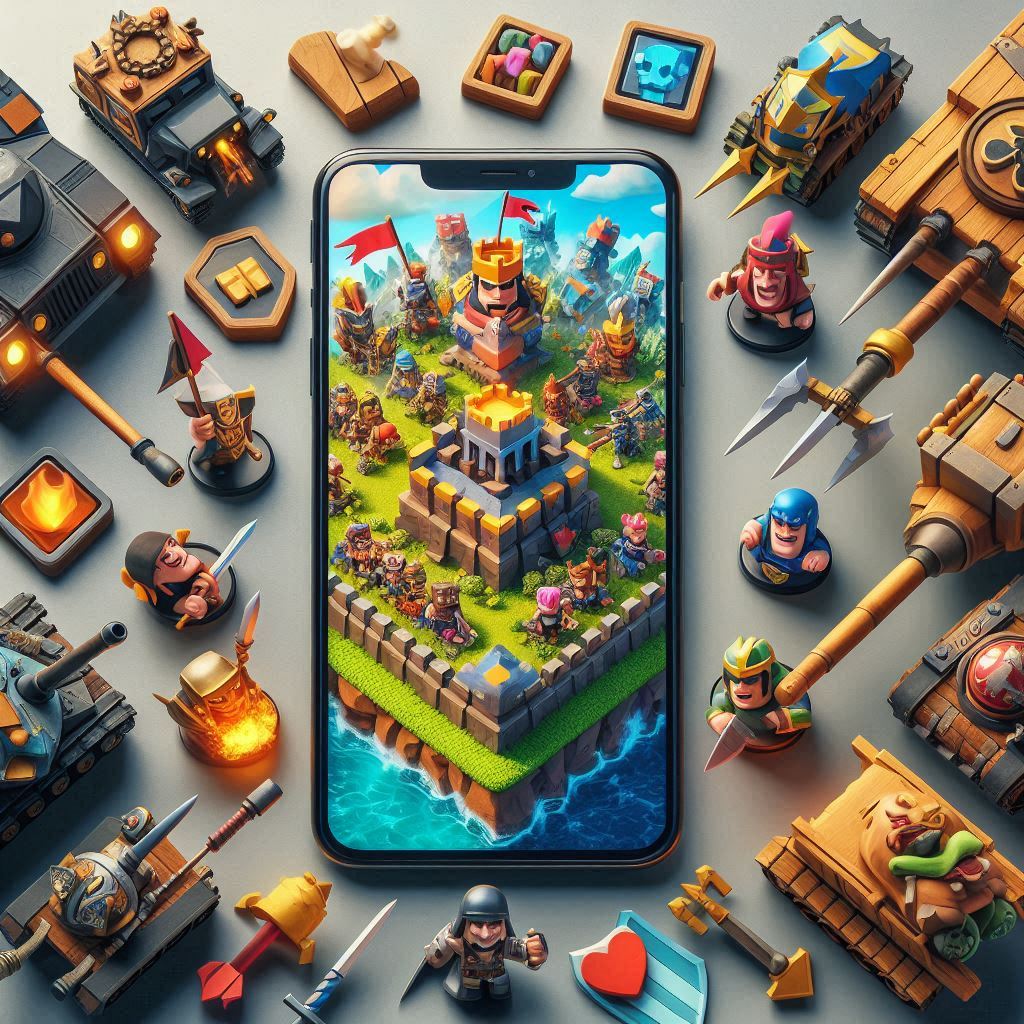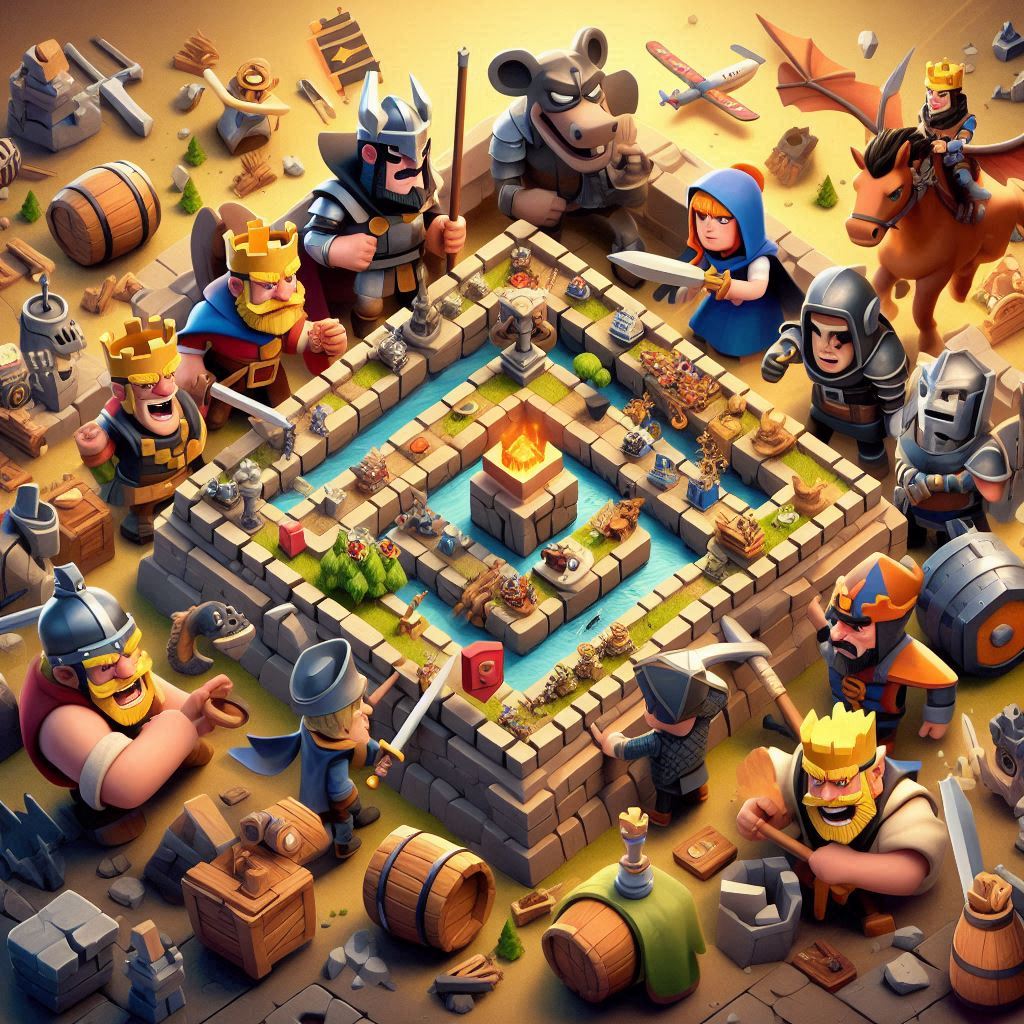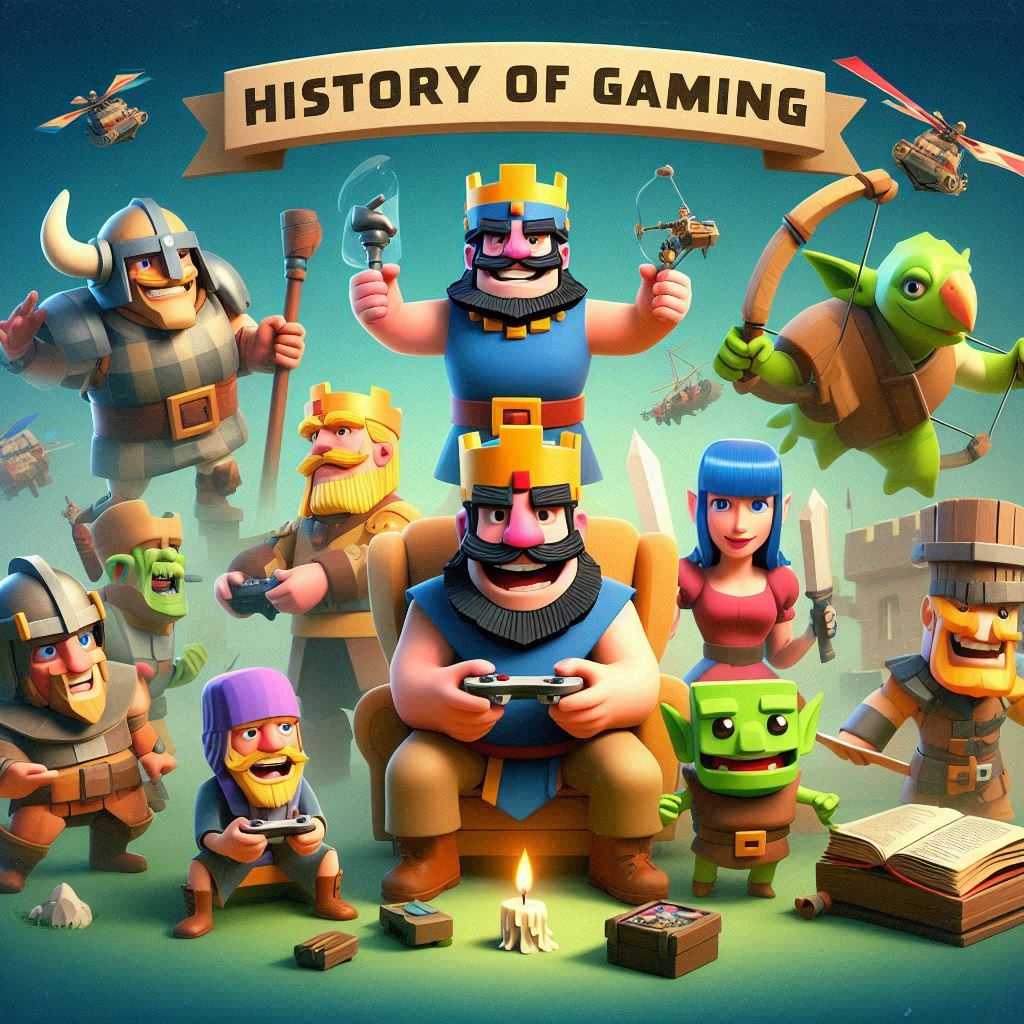History of Gaming
History of Gaming is a fascinating journey through technological advancements, cultural shifts, and the boundless creativity of human innovation. From the earliest arcade cabinets to the immersive, high-fidelity experiences of modern gaming, the industry has evolved in remarkable ways, captivating audiences and shaping the way we interact with digital entertainment. The origins of gaming can be traced back to the 1940s and 1950s, where pioneering computer scientists and enthusiasts began experimenting with interactive, game-like applications. One of the earliest examples is “Tennis for Two,” developed in 1958 by physicist William Higinbotham, which allowed players to control a virtual tennis match on an oscilloscope display.
The 1970s marked a pivotal era in the history of gaming, with the introduction of the first commercially successful video game console, the Magnavox Odyssey, in 1972. This groundbreaking device paved the way for the emergence of iconic arcade games such as Pong, Pac-Man, and Space Invaders, which captivated players with their simple yet addictive gameplay. The late 1970s and early 1980s saw the rise of the home console market, with the release of the Atari 2600, the Nintendo Entertainment System (NES), and the Sega Master System. These consoles brought gaming into the homes of millions, sparking a cultural phenomenon and inspiring a new generation of players and developers.
The 1990s witnessed a revolution in gaming, with the advent of 3D graphics and the introduction of influential franchises like Doom, Warcraft, and Pokémon. The rise of the personal computer as a gaming platform, along with the growing popularity of multiplayer online gaming, further expanded the reach and diversity of the industry. As the 21st century dawned, the gaming landscape continued to evolve rapidly. The emergence of mobile gaming, driven by the widespread adoption of smartphones and tablets, brought gaming experiences to a wider audience, redefining the way people interact with and consume digital entertainment.

The past two decades have seen remarkable advancements in gaming technology, with the introduction of virtual reality (VR), augmented reality (AR), and cloud gaming. These innovations have transformed the gaming experience, offering players unprecedented levels of immersion and interactivity. The growth of the esports industry has also had a significant impact on the history of gaming. Competitive gaming, where professional players and teams compete in organized tournaments, has become a global phenomenon, attracting millions of viewers and generating substantial revenue.
Alongside the technological advancements, the gaming industry has also grappled with complex issues such as inclusivity, representation, and the societal impact of gaming. These discussions have led to a greater emphasis on diversity, accessibility, and the responsible development of gaming experiences. The gaming industry has also had a profound influence on popular culture, with iconic characters, narratives, and soundtracks becoming deeply embedded in the collective consciousness. From Mario and Link to Lara Croft and Master Chief, these gaming icons have transcended the boundaries of their respective titles, becoming cultural touchstones.
The history of gaming is not merely a story of technological progress; it is a testament to the boundless creativity and innovation of game developers, designers, and enthusiasts. Throughout the decades, the industry has continuously pushed the boundaries of what is possible, constantly redefining the gaming experience. As the gaming industry continues to evolve, the future holds countless possibilities. With advancements in artificial intelligence, cloud computing, and the ever-increasing power of gaming hardware, the potential for even more immersive, engaging, and transformative gaming experiences remains vast and exciting.
The history of gaming is not only about the evolution of technology; it is also a reflection of the changing societal and cultural landscapes. The industry has grappled with issues of representation, inclusivity, and the societal impact of gaming, leading to a greater awareness and emphasis on responsible development. The gaming industry has also had a profound impact on the global economy, generating billions of dollars in revenue and creating countless job opportunities for developers, designers, and supporting professionals. This economic influence has also led to increased investment, mergers, and acquisitions within the industry.

The history of gaming is a testament to the enduring human desire for entertainment, storytelling, and the pursuit of interactive experiences. From the earliest arcade cabinets to the sprawling open worlds of modern gaming, the industry has consistently captivated audiences and inspired the imaginations of players worldwide. As we reflect on the history of gaming, it becomes clear that this industry is not just about the latest hardware or the most advanced graphics; it is about the universal human need for play, exploration, and the creation of shared digital experiences. The future of gaming promises to be even more transformative and captivating, as the industry continues to push the boundaries of what is possible.
The early days of gaming were marked by a sense of experimentation and discovery. In the 1960s and 1970s, computer scientists and hobbyists were exploring the potential of interactive software, creating games that were often simple in design but captivating in their interactivity. These pioneering efforts laid the foundation for the gaming industry, establishing core concepts and mechanics that would go on to shape the medium for decades to come. The rise of arcades in the 1970s and 1980s was a pivotal moment in gaming history. These public spaces, filled with vibrant cabinets and the cacophony of digital sound effects, became hubs of social interaction and competitive play. Iconic titles like Pac-Man, Donkey Kong, and Galaga captivated players with their addictive gameplay, setting the stage for the widespread popularity and cultural significance of gaming.
The home console market, spearheaded by the success of the Atari 2600, Nintendo Entertainment System, and Sega Genesis, democratized gaming and brought it into the living rooms of millions. These consoles not only expanded the reach of gaming but also fostered the development of unique, genre-defining franchises that have endured for decades. The rivalry between Nintendo and Sega, in particular, sparked a console war that captivated players and introduced new generations to the joys of interactive entertainment. The 1990s marked a major turning point in gaming history, as the industry embraced the power of 3D graphics and the emergence of powerful personal computers. This era saw the rise of landmark franchises like Doom, Warcraft, and Pokémon, which pushed the boundaries of what was possible in gaming. The introduction of online multiplayer capabilities further transformed the gaming landscape, allowing players to connect and compete with one another across vast distances, laying the groundwork for the thriving esports scene of today.

In the field of game development, our game development Team has developed a 3D online Android game. This game is a competitive, turn-based and strategy game that you can not only have fun, but also Earn Money through this game. Subscribe to our YouTube channel for more information. Also, to download this game, either download it through this link or search for the name of our game “TanKash” in Google Play Store and download it.



